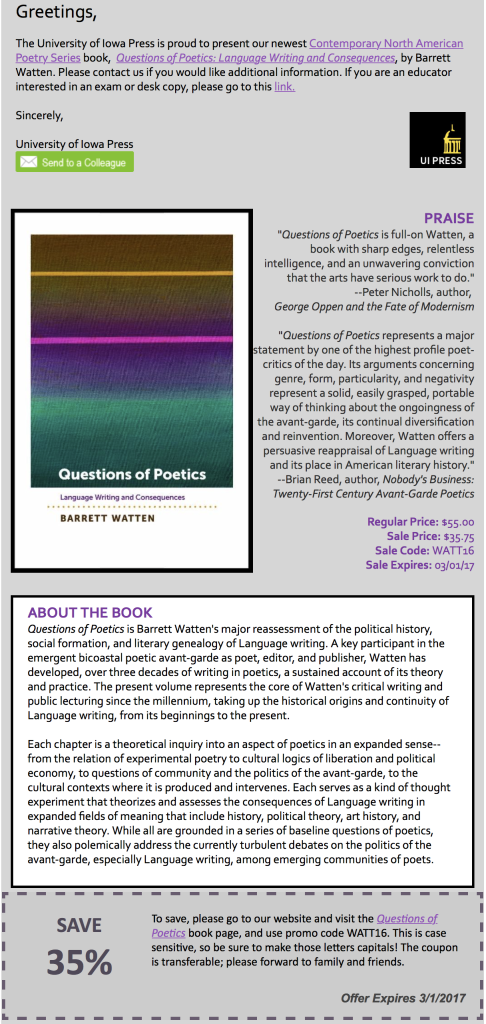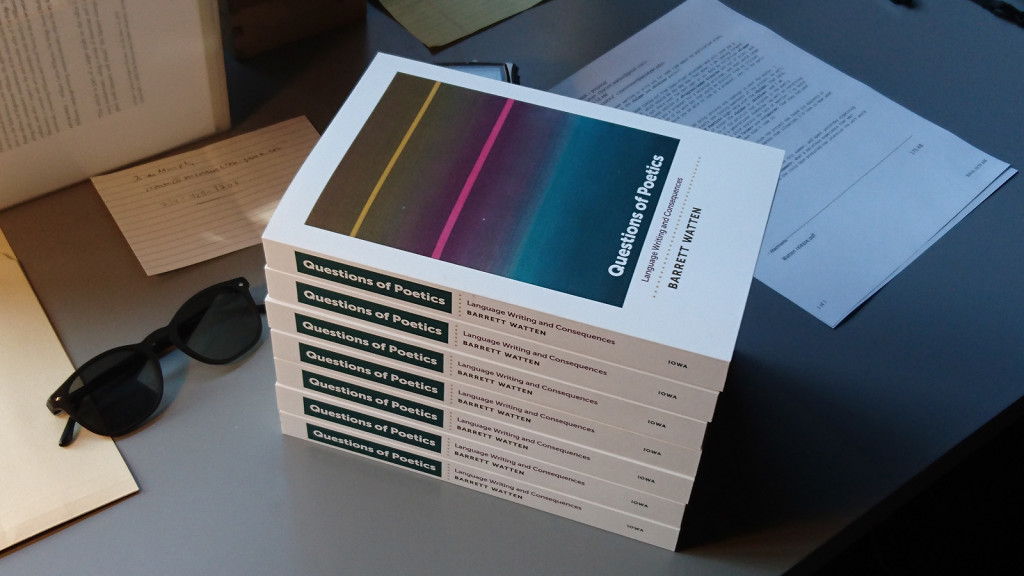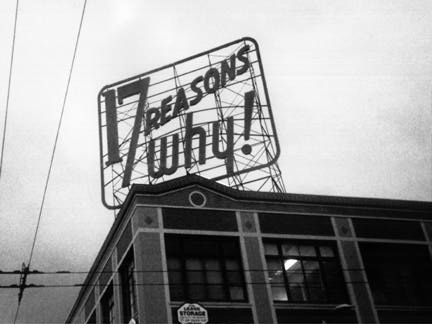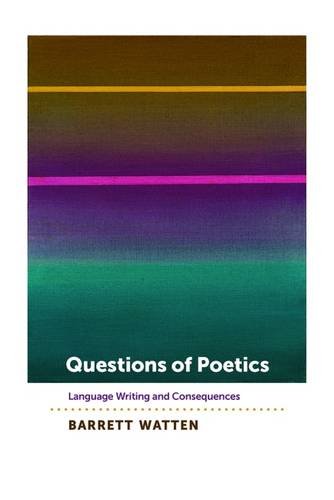Poetics as Value Thinking:
Transvaluations of Language Writing
Presented at Fondation des Etats-Unis, Paris
sponsored by Double Change/Ecole normale supérieure
15 March 2017
This lecture is a hybrid of two thought experiments—one, a discussion of the poetics of value that sees political economy and poetics as twin forms of historically specific making, linked discourses of the determination of value. The second is a proposal for the transvaluation of poetics, and specifically Language writing, as a prospective organization of poetic labor as a form of a “knowledge base” (adopted from information and digital theory). The notion that unites both is that poetry and poetics are forms not only of value making but value thinking—sites for the transvaluation of a general notion of value into particular values. … More
















